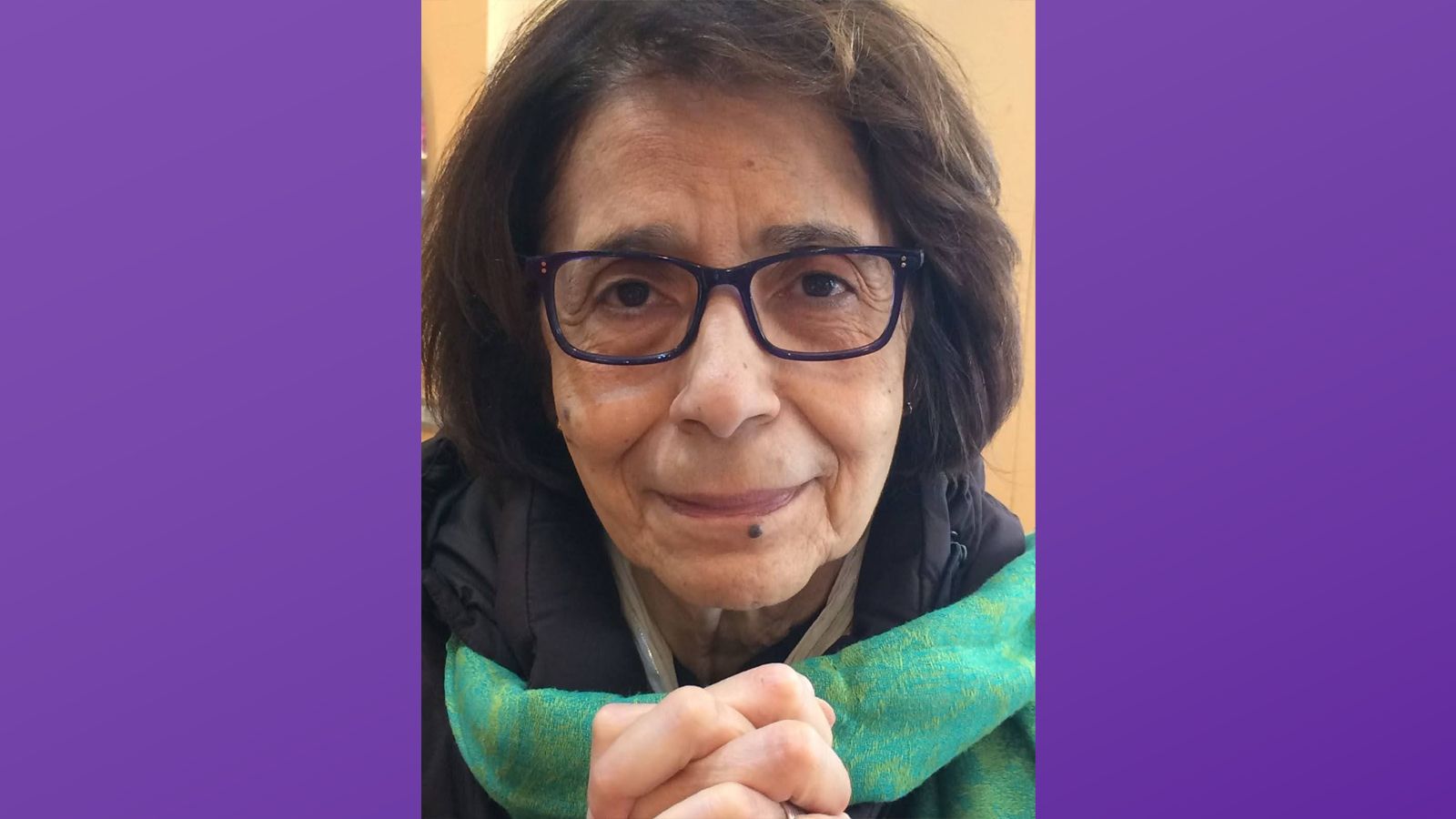Marnia Lazreg — a trailblazing Hunter College Sociology professor — died January 13 in New York City. She was 83.
Lazreg’s association with Hunter College and CUNY goes back more than half a century. She first taught Sociology at Hunter in the early 1970s while completing her dissertation. After stints teaching at the New School, Sarah Lawrence and Hampshire colleges, and several fellowships, she returned to Hunter for a tenure track position in 1988. She also taught at the Graduate Center, where she was a Distinguished Fellow in the Academic Research Collaborative, and was a faculty associate in the Human Rights Program at Roosevelt House. She retired in September 2023.
Lazreg also worked full time for several years coordinating the World Bank’s efforts to incorporate women into its lending programs in Eastern Europe and Central Asia and served as a longtime consultant to the United Nations. She received academic fellowships from Harvard, the Institute for Advanced Study at Princeton, Brown, and the Rockefeller Bellagio Center, to name a few, and was recently honored by the Society of Foreign Consuls in New York for her lifetime contribution to community empowerment.
A gifted theorist, Lazreg wrote six academic books and contributed dozens of articles to academic journals and edited volumes. She also published a French-language novel, The Awakening of the Mother (2019), under a pen name.
The unifying theme of almost all of Lazreg’s scholarly work, as she explained in a 2020 essay, was Algeria. As an Algerian in a colonial school system that taught only French history, she wrote, “writing about Algeria is an endless discovery of a history I was never taught.”
Lazreg grew up as a colonized subject of France and was one of the few Algerians — and even fewer Algerian women — to obtain the French Baccalauréat degree. She did so at the height of France’s slaughter and and horrific torture of hundreds of thousands of civilians during the Algerian war for independence.
In The Emergence of Classes in Algeria (1976), Lazreg argued that Algeria’s post-independence socialism paradoxically had created a class system in the wake of a colonial experience in which class differences had melted under the pressure of collective subjugation.
In The Eloquence of Silence (1994), widely recognized as a classic, Lazreg destroyed the myth of Muslim women as passive, oppressed subjects in need of liberation, detailing the resistance offered by Algerian women to the systems of domination trained against them, not least that of Western colonialism.
In Torture and the Twilight of Empire (2008), Lazreg investigated French intellectuals’ defense of torture and the French military’s conduct of torture in Algeria against the backdrop of Abu Ghraib and the War on Terror. The book, one of few to look at torture not as a particular policy or method, but as a mode of thought, is the leading historical account of the use of torture by the French in Algeria.
In Questioning the Veil (2009), an erudite and personal work, Lazreg rejected the Muslim practice of veiling for women, which has resurged in recent years. She argued that there are better ways for women to demonstrate pride in their culture than by wearing a piece of cloth that links their identity to their biology.
In her next book, Foucault’s Orient (2017), she critiqued the attitudes toward non-western cultures in the work of pioneering French social theorist Michel Foucault. The product of sustained engagement with two fields in which Lazreg had never published before — philosophy and anthropology — the book is a reflection of Lazreg’s great intellectual range and virtuosity.
In her last book, Islamic Feminism and the Discourse of Post-Liberation (2021), Lazreg brought together three themes from her earlier work — women, Islam, and colonialism — in critiquing attempts by some Muslim countries to ground progress on women’s roles in Quranic texts as opposed to secular rights.
Lazreg thought globally, worked globally, and spoke globally. When not in the classroom, she could be found interviewing a commander of Islamist rebels in a safehouse outside of Algiers, visiting shanty towns in Turkey on mission for the World Bank, conversing with an old friend of Foucault’s at a café in Tokyo, or lecturing around the world.
Lazreg was an intellectually restless teacher. Over the course of her career, she taught more than 20 different courses, many of her own creation. In addition to her staple survey courses on social theory, Lazreg taught courses on women, population, Islam, decolonization, development, French social theory, and biotechnology. She was a demanding teacher whose favorite undergraduate student evaluation read: “the problem with Professor Lazreg is that she treats us as adults.”
Lazreg received her baccalaureate in Philosophy and Mathematics, with distinction, in 1960, her Licence-ès-Lettres in English Literature from the University of Algiers in 1966, and her PhD in Sociology from NYU in 1974. A Fulbright Scholar in 2012, she was also a member of the Seminar in Arabic Studies at Columbia University for 35 years.
She is survived by two sons, Ramsi Woodcock (from whose tribute to his mother this obituary is adapted) and Reda Woodcock, and other family.


